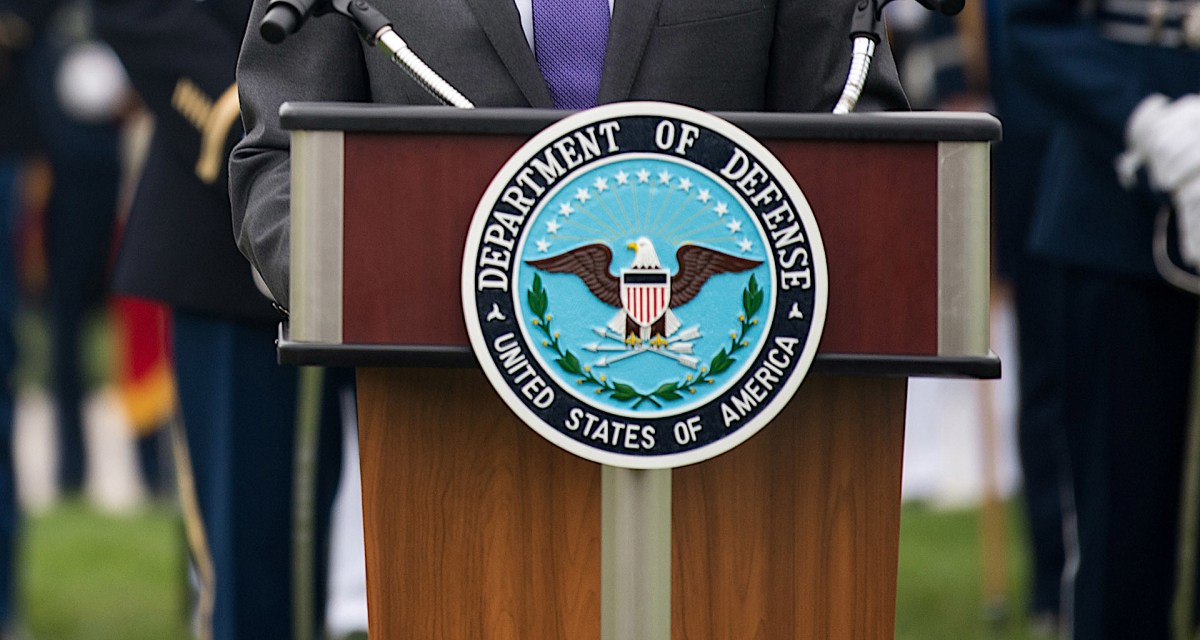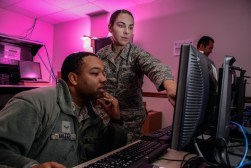DOD bans streaming websites to lessen strain during coronavirus telework

The defense agency that operates the network teleworkers are logging into during the coronavirus pandemic has blocked media streaming websites like YouTube, Pandora, Netflix and others as network strain has slowed access to critical enterprise services, such as email.
The Joint Force Headquarters-Department of Defense Information Networks — the organization that secures, operates, and defends the Department of Defense‘s networks — may soon also block social media websites to “maximize operational bandwidth available for COVID-19 response,” according to a memo from the chief of naval operations shared with FedScoop.
Charles Prichard, a DOD spokesman, confirmed the action: “Due to the current increased remote work demands, the Department will eliminate the capability to stream video and music on DoD networks, except for mission-critical activities,” he told FedScoop.
The moves come at a time when the military services are struggling with the impact of large portions of their workforces being asked to telework to fight the spread of coronavirus.
The Department of the Navy‘s Navy-Marine Corps Information (NMCI) network, for instance, is experiencing delays on its Outlook system used for email and other enterprise functions, Joe Gradisher, a spokesman for the Navy’s deputy chief of naval operations for information warfare, told FedScoop.
“Data shows internal NMCI users are clogging Outlook Web Access (OWA) access needed for social distant users,” Gradisher said.
The Air Force is expanding its network capacity to meet the “unprecedented demand for telework capabilities,” Bryan Lewis, an Air Force spokesman said in an email.
“Our networks are telework ready and capable to fully support the mission-critical duties performed by the department,” Lewis said. “For example, due to the increased remote work demands, there are plans to eliminate the capability to stream video and music on DoD networks, except for mission critical activities.”.
At least one teleworker is having easy access: the Air Force’s top military commander, Gen. David Goldfein. Goldfein noted during a press conference Wednesday he and his deputy are alternating teleworking from their homes.
“We are sending a message to every echelon of command of the Air Force that if the chief of staff of the Air Force can do it, then they can to,” Goldfein said. He added that he has access to classified material at his home, something that is not the case for other employees.
The DOD Office of the CIO is also doing its part to nudge personnel toward good network and cyber hygiene while working remotely on the department’s virtual private networks (VPNs).
The office issued a “dos and don’ts list” that gives teleworkers a two-page summary of ways to ensure network access and cybersecurity while working remotely. It instructs users to do things like encrypt their home Wi-Fi and limit the file sizes of email attachments. The list was released as DOD has been “stress-testing teleworking arrangements,” Lisa Hershman, DOD’s chief management officer, said Monday at a virtual town hall event.






